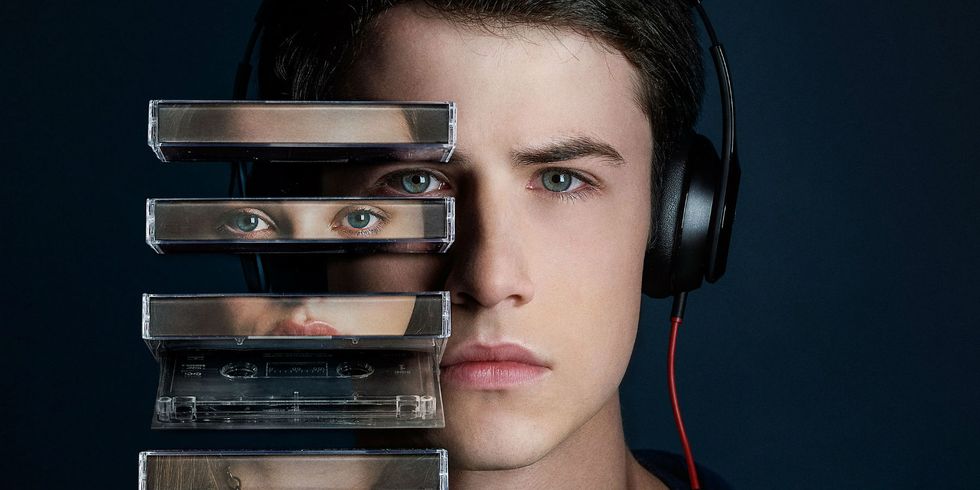On March 31st, Netflix debuted its original series based on the novel Thirteen Reasons Why. The story is about Hannah Baker, a teenage girl who has recently committed suicide, but not before recording cassette tapes about why she committed suicide. Then, a bunch of people she knew when she was alive listen to the tapes, have moments of introspection, feel guilt, and experience character arcs. That's about all I know of the story. Despite the praise it's getting on all platforms, I refuse to read or watch it.
I tried reading it when I was in middle school. I'd just been diagnosed with clinical depression, and so I thought I could relate with Hannah Baker and maybe find some solace in the book. I wasn't able to finish it. At thirteen years old, it scared me too much to think that I may be capable of doing what Hannah Baker did: end her own life.
Depression and suicidal thoughts go hand in hand, and I'm no exception. After years of therapy, I'm fine and have my illness under control, but one of the scariest and most important things I've learned while healing is that when you want to die, you will find every reason to justify it.
"My parents will save money by not having to buy me groceries."
"My therapist will be able to take one more client."
"My little sister can get her own room now."
"If I write letters/record videos/send deep text messages, all my friends will feel guilty. They'll miss me so much. People's lives will be upturned and by dying, I'll create waves. Nevermind that I'll be too dead to see my impact. I'll have an impact."
That last one is really common. If it sounds ridiculous to you, then you've probably never seriously considered killing yourself. The suicidal mind doesn't work the same way as a non-suicidal one.
The suicidal mind latches onto any little tidbit that will encourage it to carry out its goal: to die.
And the idea of leaving something behind is intoxicating, especially when you feel you are doing so little in your life now. The idea that people will listen to your last words, knowing that the things you say right before you die are guaranteed to be important to people, is amazing when you're suicidal. You'll be too dead to see it, but you'll know that by dying, you've impacted lives. Half the fun of being suicidal is trying to leave something behind.
Now, if someone who wants to die watches Thirteen Reasons Why, that last line of thinking will be extended even further: "My friends will have glorious character arcs and will become kinder. They will become better people. They will become stronger. All because of me."
When you focus on the people affected by suicide rather than the suicidal person themselves, you are showing suicidal people what will happen if they go through with it. Thirteen Reasons Why doesn't encourage suicide, of course, but it isn't going to help someone who is desperately looking for a reason to die. It's morbid, but I know that if Thirteen Reasons Why had premiered at a time when I was sixteen and still didn't know how to healthily deal with my mental illness, I would have held onto it and never let go. It would have scared me. It would have disturbed me. It would have helped me to believe that my death would help more people than my life did. You cannot create a story about suicide and let the suicidal person serve as nothing more than a convenient plot point. You cannot. It's gross. It's irresponsible.
I could have been Hannah Baker. When I was younger, I would have wanted to be Hannah Baker. I have no desire to watch what my life could have been in the worst possible scenario. I don't care how kind it encourages you to be. I don't care how nuanced their portrayal of a rapist is. I don't care. I cannot, and will not, watch this.



 Photo by
Photo by  Photo by
Photo by  Photo by
Photo by 


















